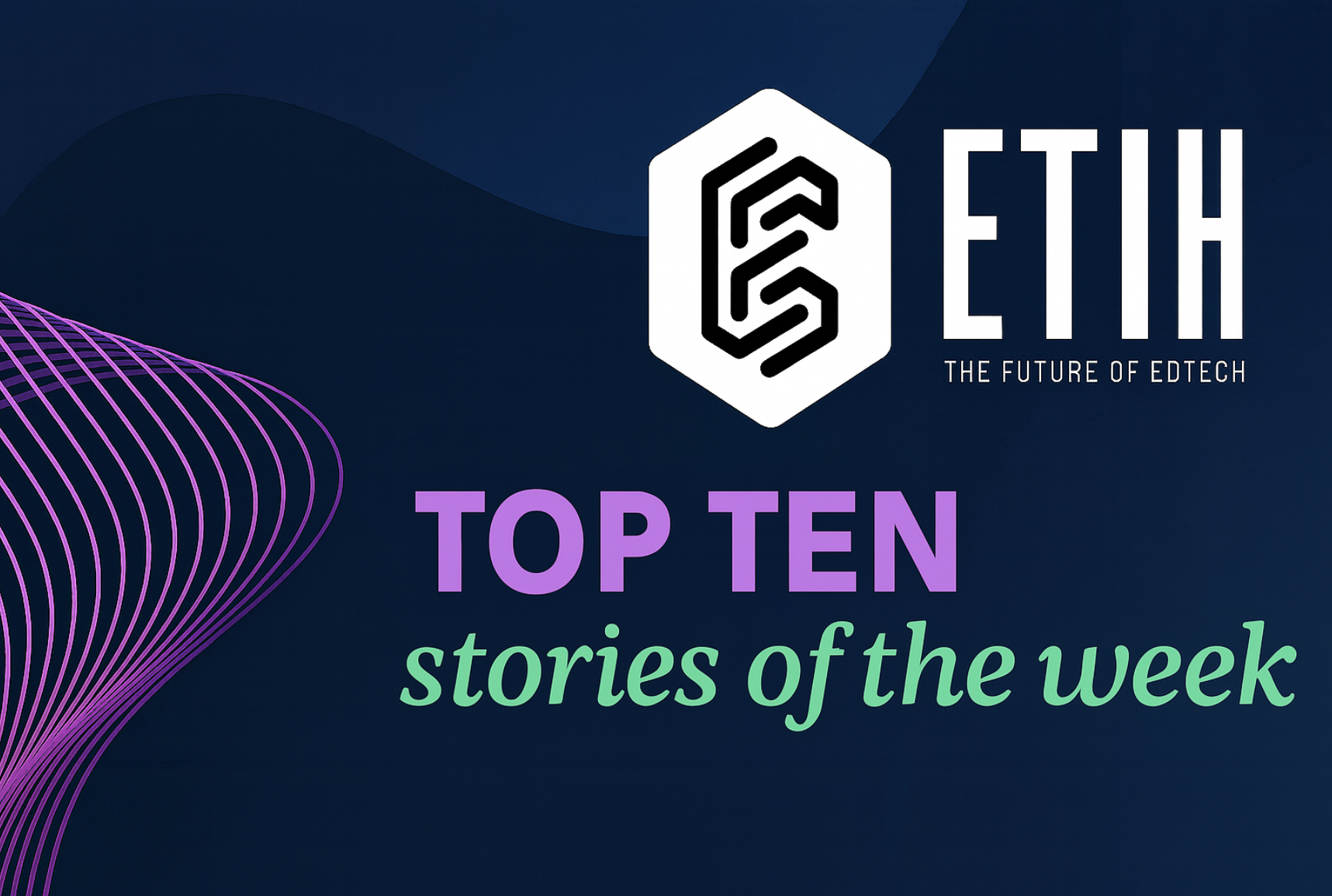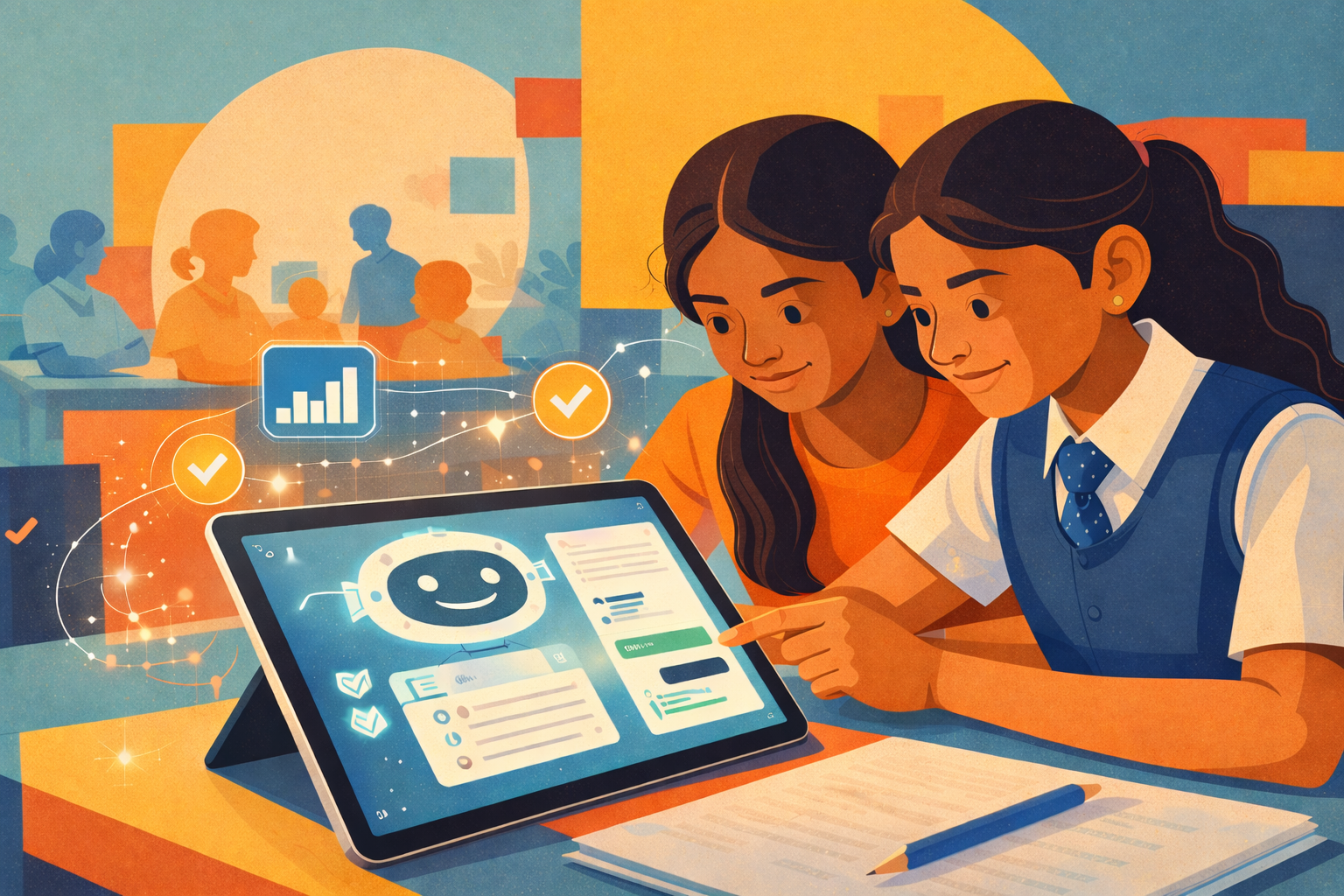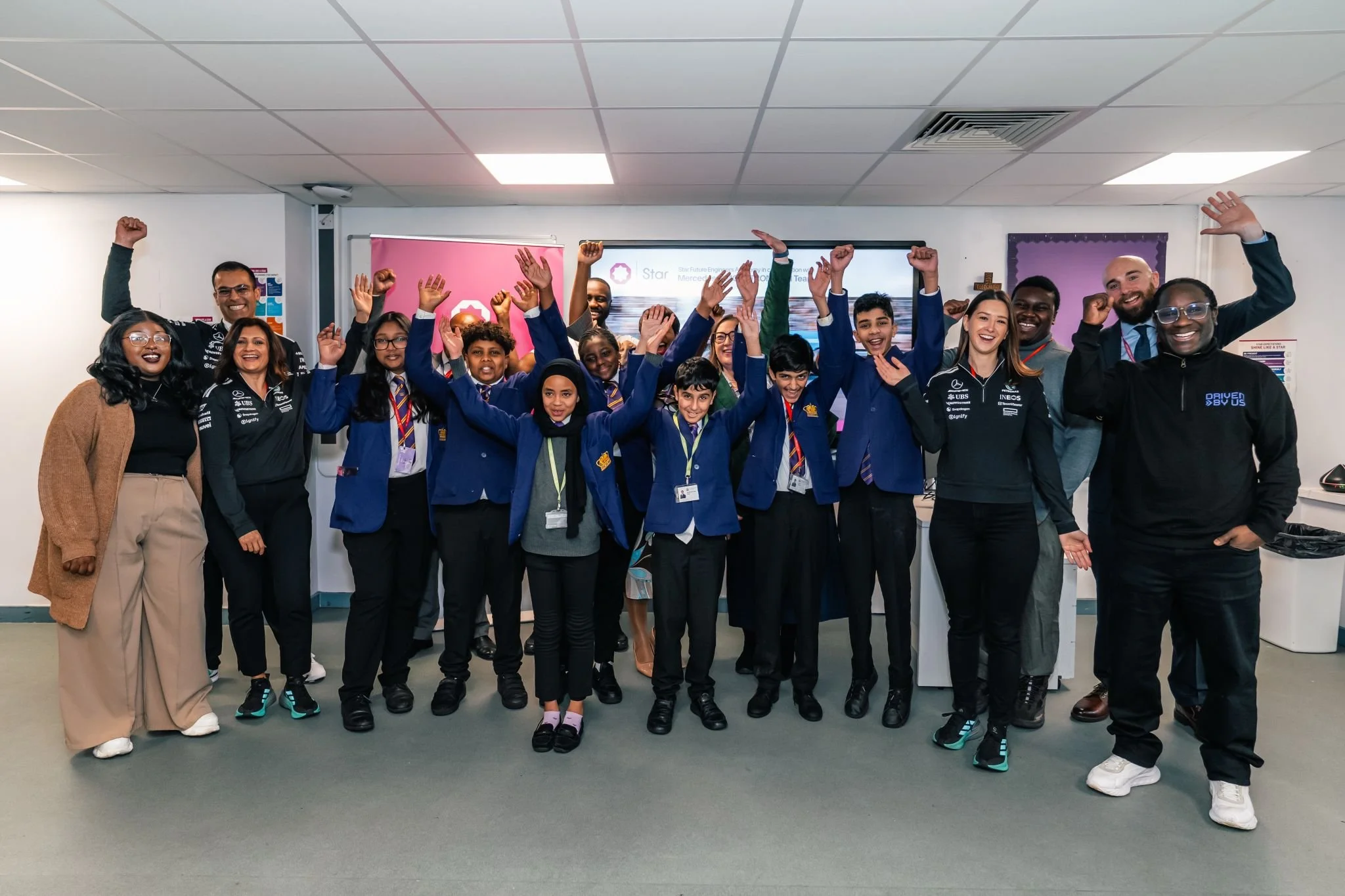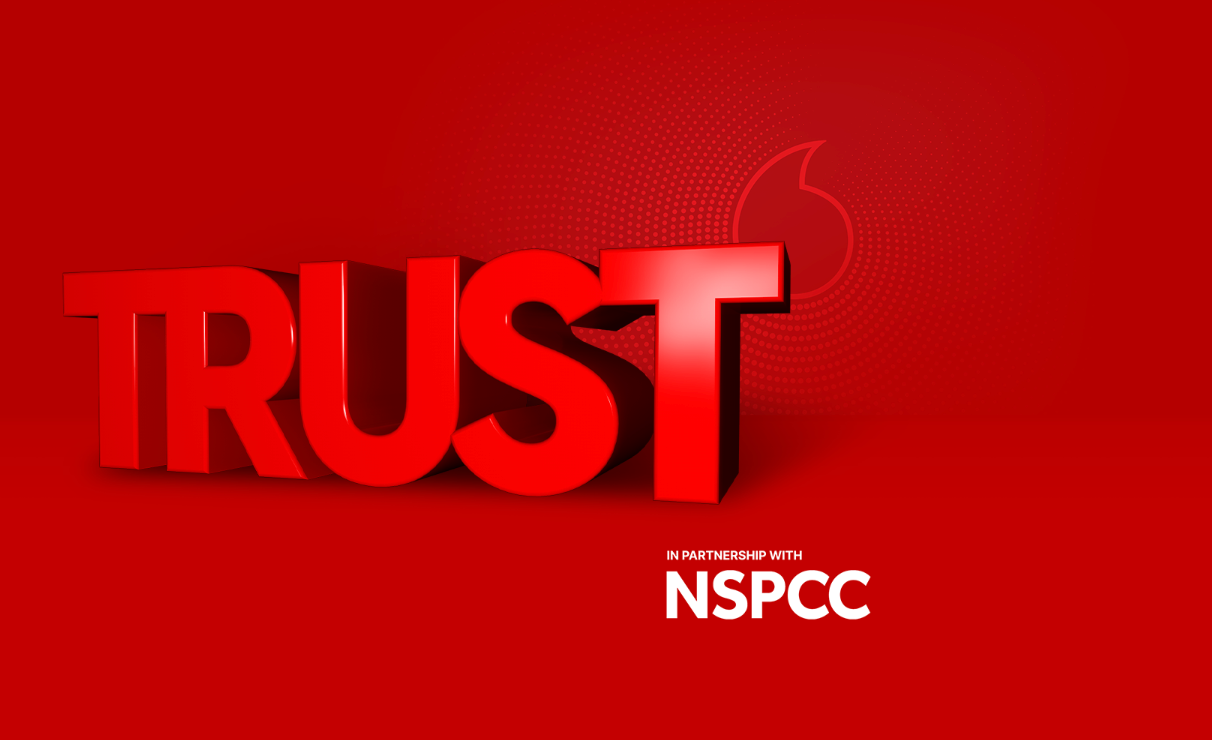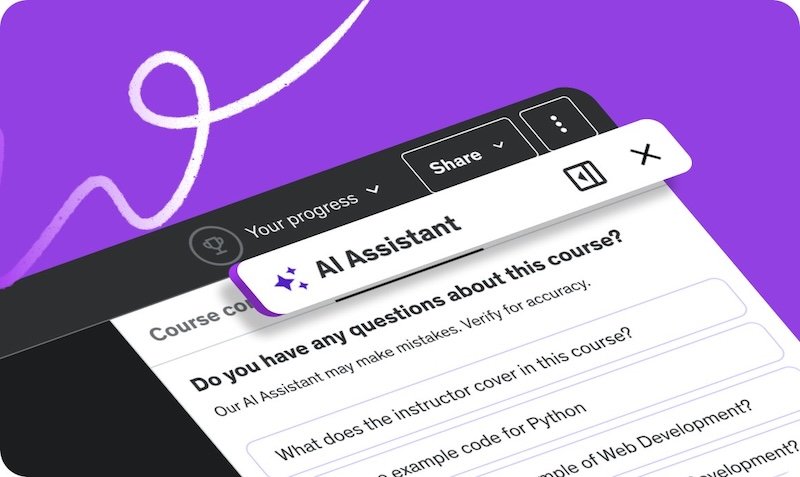ETIH weekly round up: New awards category, AI investment shifts, and key stories shaping EdTech
There’s lots happening in the world of ETIH as we edge closer to the holiday season. Our team is busily preparing for an exciting start to 2026, including the launch of our first-ever ETIH magazine, which will debut at BETT UK this January, and the upcoming EdTech Innovation Hub Awards, celebrating innovation and impact across global education.
Spotlight: New ETIH Awards category announced
We’ve added a brand-new category to the ETIH Innovation Awards 2026, and it’s an important one.
The Campus Retail Innovation category celebrates the technology reshaping how students and staff shop, access services, and move through increasingly digital campus environments.
From checkout-free stores and contactless payments to autonomous delivery and smart campus retail hubs, this new category highlights the growing crossover between EdTech and Retail Tech. Emma Thompson, Co-Founder and Director of Content at ETIH, and Scott Thompson, Co-Founder of ETIH and Editor at RTIH, both shared insights on why campus retail is becoming a critical part of the modern student experience.
ETIH top ten stories of the week
Last week brought a mix of big-picture themes shaping the future of EdTech, from massive AI infrastructure bets to the rise of campus automation, smarter creative tools, and new federal investment in digital skills. Anthropic’s $50 billion data center expansion underscored how critical AI capacity is becoming. Universities including Arizona State University , University of California, San Francisco and Purdue University deepened their AI experimentation, signalling a shift toward institution-wide adoption rather than isolated pilots.
Creative learning took a leap with Canva’s new AI-powered 3D tools, while the U.S. Department of Education committed $167 million to AI readiness and workforce training.
Meanwhile, campus life itself is changing, with Wonder and sweetgreen pushing automation and robotics into student spaces, a theme mirrored in ETIH’s brand-new Campus Retail Innovation award category.
Commentary: Technology’s turning point in special education
This week’s comment piece comes from Maura Connor , Chief Operating Officer at Better Speech, who examines how growing caseloads, compliance pressures, and rising student needs are reshaping special education across the United States. Connor leads Streamline, an AI-powered special education management platform designed to reduce administrative workload and strengthen service delivery.
In her piece, she explores how fragmented systems and expanding paperwork are pushing educators toward burnout — and why the next generation of technology must move beyond digitising forms to genuinely restoring time, clarity, and balance. She argues that AI can support teams by automating repetitive tasks, improving coordination, and giving educators the visibility they need to focus more on student outcomes and less on administrative burden.
OpenAI launches ChatGPT for Teachers across the U.S.
OpenAI has released ChatGPT for Teachers, a free and secure workspace for all verified K–12 educators across the United States. Announced by Leah Belsky and Nick Turley, the platform gives teachers a private environment to adapt materials, personalize instruction, collaborate with colleagues, and safely explore AI using tools like GPT-5.1 Auto, Canva, Google Drive, and Microsoft 365. More than 200,000 teachers and several major districts, including statewide partners like Delaware, are already involved in the rollout.



